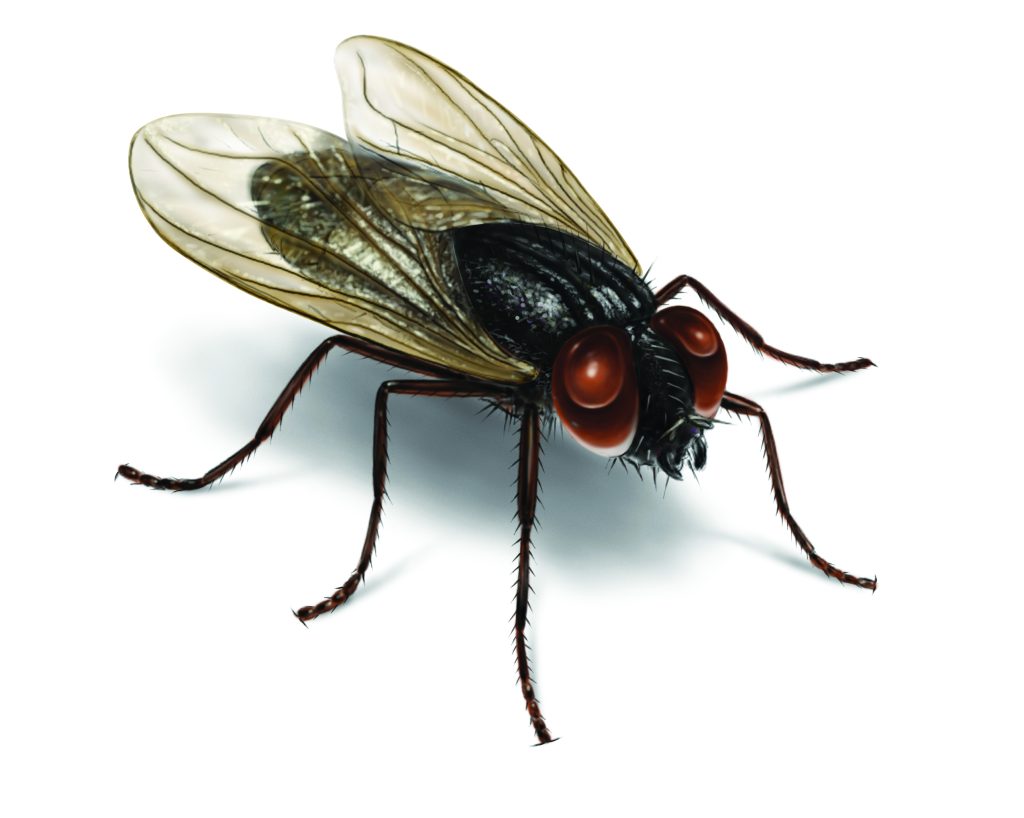When it comes to outdoor pest control, there are several important considerations that need to be taken into account. Whether you are dealing with mosquitoes, ants, ticks or any other type of outdoor pest, implementing the right strategies can help you maintain a pest-free environment. Here are some key factors to consider:

- Identify the pests: The first step in effective pest control is to correctly identify the pests you are dealing with. Different pests require different treatment methods, so it is crucial to know what you are up against. Take the time to research common pests in your area or seek professional help for accurate identification.
- Integrated Pest Management (IPM): Implementing an Integrated Pest Management approach is essential for outdoor pest control. IPM focuses on a combination of strategies, including prevention, monitoring and targeted treatment. By using a holistic approach, you can minimize the use of pesticides and promote environmentally friendly methods.
- Prevention measures: Prevention is key to managing outdoor pests. Identify and eliminate potential breeding grounds for mosquitoes, such as stagnant water sources. Seal gaps and cracks in your home’s exterior to prevent entry points for ants and other crawling insects. Use screens on windows and doors to keep insects out while allowing fresh air in.
- Natural and organic solutions: Consider using natural or organic pest control methods whenever possible. There are many eco-friendly options available, such as botanical oils, insecticidal soaps and beneficial insects that prey on pests. These alternatives can be effective in controlling pests while minimizing harm to the environment, humans and non-targeted wildlife.
- Proper landscaping and maintenance: Well-maintained landscapes can deter pests. Regularly mow lawns, trim bushes and remove weeds as these can provide hiding places for pests. Keep vegetation away from the foundation of your home to prevent easy access for pests. Additionally, proper drainage and ventilation can help reduce mosquito breeding areas.
- Seasonal considerations: Different pests are more active during specific seasons. Adjust your pest control efforts accordingly. For example, mosquitoes are most active during warm months, so focus on mosquito control measures during that time. Understanding the life cycles and habits of pests can help you time your interventions more effectively.
- Safety precautions: When using pesticides, always follow the instructions on the label carefully. Take necessary safety precautions, such as wearing protective clothing and gear, using appropriate dosage and storing pesticides out of reach of children and pets. If you are unsure about handling pesticides, consider hiring a professional pest control service.
- Regular monitoring and maintenance: Pest control is an ongoing process. Regularly monitor your outdoor spaces for signs of pest control boerne tx activity and promptly address any issues that arise. Regular maintenance and vigilance can prevent minor pest problems from escalating into larger infestations.
By considering these factors and implementing appropriate pest control measures, you can create a more enjoyable and pest-free outdoor environment. Remember to prioritize environmentally friendly and sustainable solutions whenever possible to minimize the impact on the ecosystem.